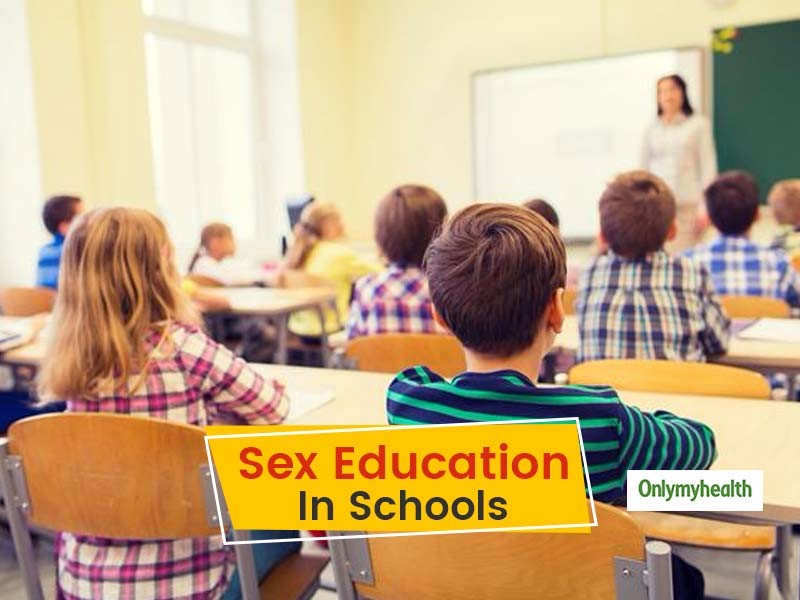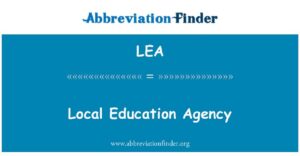The Best Sex Education Be Taught In Schools

Schools Can Provide the Best Sex Education
With adolescents increasingly relying on information from peers and social media, teachers remain the go-to source for sex and sexuality knowledge for kids. A comprehensive sex education curriculum gives them all of the knowledge needed to make wise decisions about sex in various contexts throughout their lives.
The ideal sex education is founded in health promotion principles and can cover a range of topics related to developing healthy relationships and sexual behavior. Furthermore, it educates about the causes and effects of sexual violence, how to prevent it, as well as sexually transmitted diseases and other potential risks.
A successful sex education curriculum should be culturally responsive and inclusive, offering lessons about sexuality that do not stigmatize individuals of different ages, genders or sexual orientations. Furthermore, it should inform students about sexual health topics such as condom use, contraception and STI prevention while giving them a sense of personal autonomy over their bodies.
Medically, factually and technically accurate information.
An ideal sex education must not only be up-to-date and accurate but also taught by qualified educators with the appropriate skillset. Specifically, teachers should be able to recognize and manage their own feelings or attitudes towards sex which could negatively influence how they teach it.
It should aim to promote healthy relationships, including sexually active pregnancies. Furthermore, it must address topics such as sexual harassment and violence, the risks of substance abuse and HIV prevention, as well as adolescent reproductive health development.
Studies have demonstrated that many sex education programs can delay the onset of intercourse (sexual intercourse) among teens, decrease their number of sexual partners and increase contraceptive use. These results are achieved by arming young people with knowledge and skills to make healthy decisions based on values, beliefs and personal experiences.
In addition to aiding adolescents in making informed decisions, sex education has been found to improve their academic performance. Studies have linked it with a decreased risk of teen pregnancy, decreased rates of STDs and higher self-esteem among youth.
Sex education that is implemented effectively in public schools can have positive outcomes for all students. It helps create more encouraging school climates and reduces homophobia, bullying and other forms of bias both inside the classroom and beyond it.
Ideally, a quality sex education program should begin in kindergarten and progress through high school; however, this may differ from state to state.
The most effective sex education programs provide young people with the skills and knowledge to make informed decisions about their sexuality and relationships in adult life, as well as teaching them to be supportive of those who may be facing similar questions or struggles.







